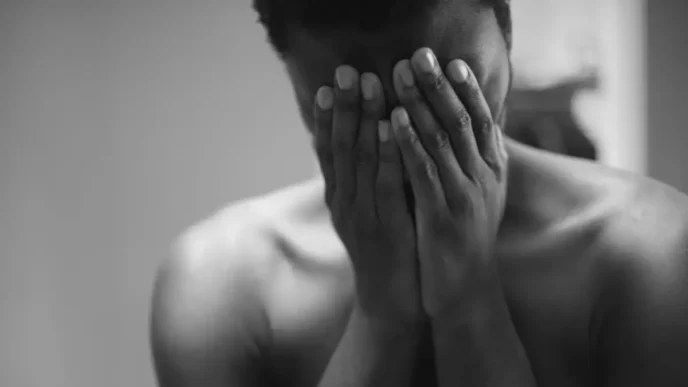In the historic city of Melaka, a nearly forgotten traditional card game called Cherki is experiencing a heartwarming revival, bringing together diverse communities in a celebration of shared heritage. Once a beloved pastime that bridged ethnic divides, Cherki is being reintroduced to a new generation through dedicated efforts by local cultural organizations, sparking hope for the preservation of this unique social tradition.
A Game of Connection Across Generations
Cherki, a card game deeply rooted in the cultural fabric of Melaka’s multi-ethnic communities, was once a common sight in villages across the region. Played by the Chinese Peranakan, Chetti (Indian Peranakan), and Portuguese communities, it served as more than just entertainment—it was a vital means of social interaction. In the early days of this UNESCO World Heritage city, almost every village had its own Cherki group, where laughter and friendly competition fostered bonds across cultural lines.
However, as modernization swept through Malaysia and older generations passed on, the game began to fade into obscurity. The younger generation, drawn to digital entertainment and fast-paced lifestyles, often overlooked such traditional pastimes. This cultural erosion prompted concern among heritage advocates, who saw the loss of Cherki as emblematic of broader challenges in preserving intangible cultural heritage.
A Revival Led by Passionate Advocates
Enter Persaudaraan Kesenian dan Kebudayaan Peranakan Melaka (Sedara), an association committed to safeguarding Peranakan arts and culture. Recognizing the historical significance of Cherki, Sedara has taken up the mantle to ensure this piece of Melaka’s heritage is not lost forever. Leading the charge is Sedara president Baba Cedric Tan, who has been vocal about the game’s role in uniting communities.
“Cherki was once widely played by the Chinese Peranakan, Chetti, and Portuguese communities as a form of social interaction” Tan shared during an interview on March 25. He reflected on how the game’s decline mirrored the passing of a more communal era, noting that its revival could serve as a reminder of the values of togetherness that once defined Melaka’s villages.
To rekindle interest, Sedara organized a special workshop titled “Meh! Main Cherki” on March 22 at a Peranakan café in Tengkera, a neighborhood known for its rich cultural history. The event was a resounding success, drawing 40 participants from diverse backgrounds, including students from vernacular schools and members of the local Malay community. The atmosphere buzzed with excitement as attendees, many of whom had never heard of Cherki, learned the intricate rules of the game and discovered its historical significance.
Bridging the Old and the New
The resurgence of Cherki is more than a nostalgic nod to the past; it represents a broader movement to reconnect younger generations with their cultural roots. Participants at the workshop were not merely learning a game—they were engaging with a living piece of history that once played a central role in community bonding. For many, the event offered a rare opportunity to interact with elders who still remembered playing Cherki in their youth, creating a poignant exchange of stories and laughter.
The diversity of the attendees underscored the game’s historical role as a unifier. In a city as culturally layered as Melaka, where Malay, Chinese, Indian, and Portuguese influences intertwine, Cherki’s ability to bring people together remains as relevant as ever. Organizers hope that events like “Meh! Main Cherki” will inspire similar initiatives across Malaysia, ensuring that other traditional games and practices are preserved for future generations.
A Small Win for Cultural Preservation
As the echoes of laughter from the Tengkera café fade, the revival of Cherki stands as a small but significant victory for cultural preservation in Melaka. It serves as a reminder that heritage is not just found in ancient buildings or artifacts, but in the shared experiences that shape a community’s identity. For now, the game’s future looks brighter, with Sedara planning more workshops and events to keep the momentum alive. Whether Cherki will reclaim its place in everyday life remains to be seen, but for the participants who gathered on that Saturday, it was a chance to rediscover a piece of their history—and each other.














